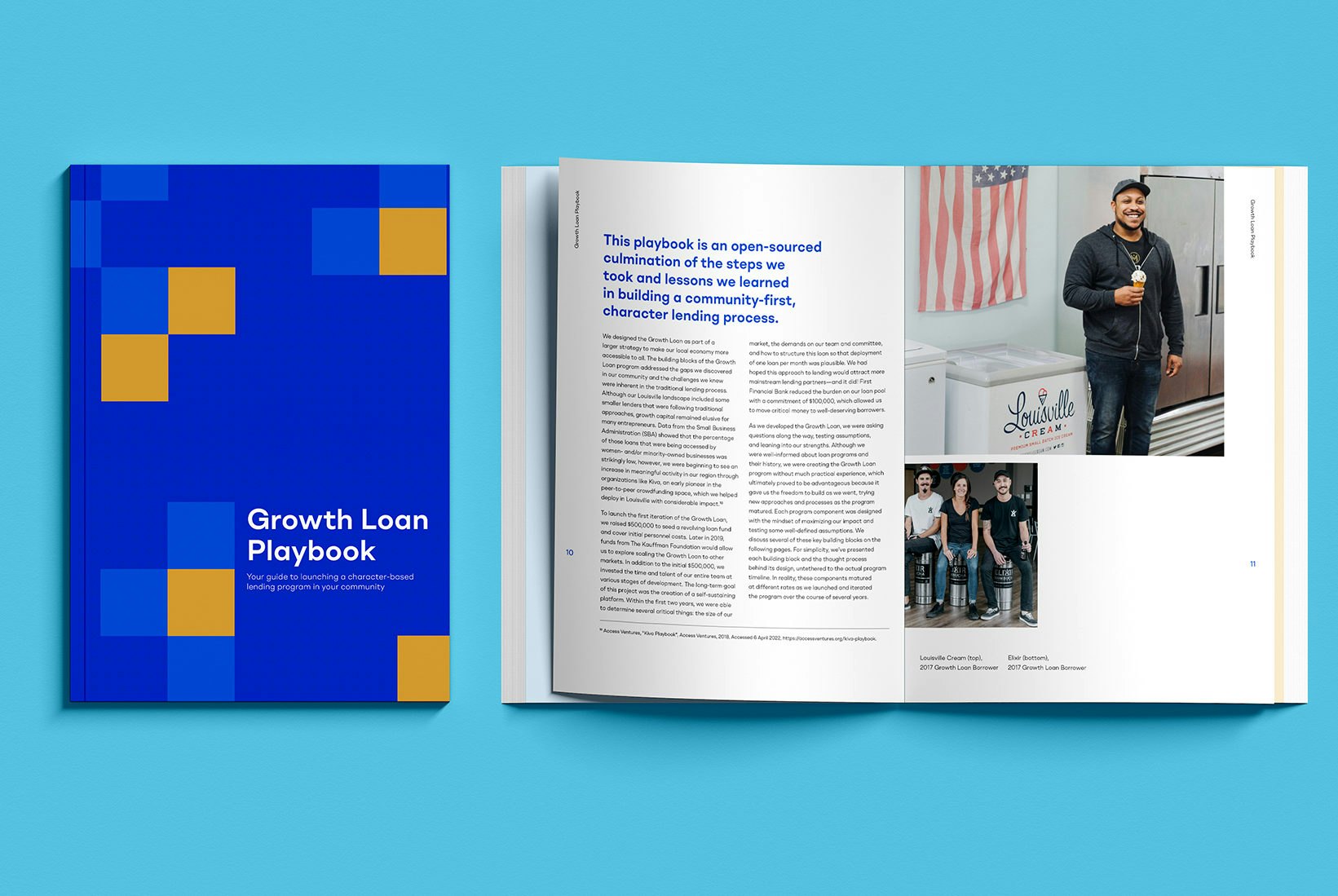Is Banking Under Siege?
Do you remember what it was like to hail a cab? Me neither. I just open an app on my phone and order a ride. Why? Because widespread adoption of mobile technology has shown us a more efficient way.
It’s no secret that innovation in software and mobile technology has the power to disrupt industries. Newcomers enjoy more agile business models built on fresh technology, which can level the playing field and may ultimately tip any industry in their favor. Of course, a highly-regulated industry like banking is immune to such a threat….right?
The banking industry has seen very few new entrants over the years due to three perceived barriers to entry: regulation, high capital needs, and expertise. However perception is not always reality, and new financial technologies (commonly referred to as fintech) are finding ways to disrupt this sector.
Regulation Barrier – Banks Are Highly Regulated.
Regulations do exist, however they are not a complete barrier to entry. Banks have multiple business lines, some of which carry widely different compliance needs. Business lines with lesser regulation requirements are more susceptible to competition. For example, there are very few rules around lending money, which is a major source of revenue for traditional banks.
High Capital Needs Barrier – Banks Have The Money, Startups Don’t.
Banks have access to a lot of money, but so do startups. After the mortgage crisis of 2008, people are keenly aware that banks use our money to do their business. Fintech platforms are finding new ways to move earned dollars from societies’ savers to societies’ risk-takers without a bank charging interest for introduction.
Expertise Barrier – Bankers Know How To Assess Risk, Make Savvy Decisions.
Of course anyone that specializes in an area will know more than the average person, however, it doesn’t mean bankers are the only ones that understand these concepts. Algorithms in new technologies are able to assess credit risk in seconds with more variable data points than a credit analyst could possibly cram into an excel spreadsheet.
Given the advancements in technology and a general lack of trust in banks, financial technologies are seeing an influx of ideas and venture capital. In 2013 the industry saw $4 billion in investment capital, followed in 2014 by a whopping $12 billion! These investments are going to all sorts of tech startups trying to level the playing field in consumer and small business finance.
“Fintech platforms are finding new ways to move earned dollars from societies’ savers to societies’ risk-takers.”
At Access Ventures, we believe fintech provides a new wave of supplying capital and financial services to people previously unable to access them. We have invested both human and financial capital, along with eBay Foundation, Fenway Summer, Village Capital and others, to bring more solutions to market. We work with Village Capital as they find, train, and fund entrepreneurs to capitalize on opportunities within the industry.
The great unknown at the moment is whether or not these new technologies can weather a downturn. Banks did not start out as bureaucratic hand-wringers, rather over time their practices evolved to mitigate risk and increase profits, some practices for the good, while others apparently self-serving. These layers of complexity may have been a backstop against an even worse downturn, which will become known as the next economic cycle occurs.
Who knows how disruptive these technologies will be to traditional banking, but it’s apparent they are well supported and fearless.



